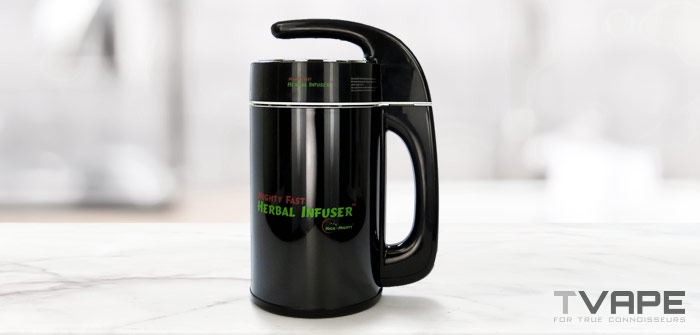As Delta 8 THC gains popularity in the cannabis market, it has also sparked a complex legal landscape that continues to evolve. Delta 8 weed, derived from hemp, has been hailed as a potential legal alternative to traditional cannabis products in certain regions. However, navigating the hazy realm of Delta 8 THC legality requires a clear understanding of the laws and regulations surrounding this cannabinoid.
Delta 8 THC is a naturally occurring compound found in cannabis plants, but it is present in trace amounts. It is structurally similar to Delta 9 THC, the psychoactive component in marijuana that is classified as a controlled substance in many countries. However, what sets delta 8 WEED apart is its potential legal status when derived from hemp.
In the United States, the 2018 Farm Bill legalized the cultivation and sale of hemp and hemp-derived products, provided that the Delta 9 THC concentration remains below 0.3% on a dry weight basis. This legal definition of hemp paved the way for the production and distribution of Delta 8 THC products derived from hemp. Manufacturers have utilized various methods to convert CBD (cannabidiol) into Delta 8 THC, resulting in an array of Delta 8 THC products flooding the market.
While this interpretation of the law has allowed the sale of Delta 8 THC products in some states where cannabis remains heavily regulated, it has also raised concerns and challenges. Some states have taken a more stringent stance, explicitly banning or restricting the sale of Delta 8 THC products, while others have yet to address its legality, creating a patchwork of regulations that can be confusing for both consumers and businesses.
Additionally, the legality of Delta 8 THC is not limited to the state level. The federal government and various agencies are closely monitoring its rise in popularity. Depending on future policy decisions, the legal status of Delta 8 THC could undergo changes, impacting its availability in the market.
Furthermore, concerns about product quality and safety have surfaced due to the lack of consistent regulations. Without standardized manufacturing processes and quality control measures, some Delta 8 THC products may contain impurities or harmful substances. It is essential for consumers to seek products from reputable and transparent sources to ensure they are getting safe and reliable products.
Navigating the hazy legal realm of Delta 8 weed requires vigilance and adherence to local and federal laws. As laws surrounding cannabis continue to evolve, individuals and businesses must stay informed about the changing landscape. This means keeping up with updates from relevant authorities and understanding the specific regulations in their respective states or countries.
Despite the legal complexities, the potential therapeutic benefits of Delta 8 THC have intrigued many users. Its milder psychoactive effects and potential medicinal properties have generated interest as an alternative to traditional cannabis products. However, users must remain cautious and use Delta 8 THC responsibly, particularly due to the limited research on its long-term effects.
In conclusion, the legal landscape of Delta 8 weed remains a hazy realm that requires careful navigation. The legality of Delta 8 THC products varies from state to state and is subject to potential changes at the federal level. While it offers an opportunity for legal access to certain cannabis-derived products, consumers and businesses must be aware of the regulations and potential risks. By staying informed and adhering to local laws, individuals can safely explore the potential benefits of Delta 8 THC while treading carefully in the ever-evolving world of cannabis legality.

